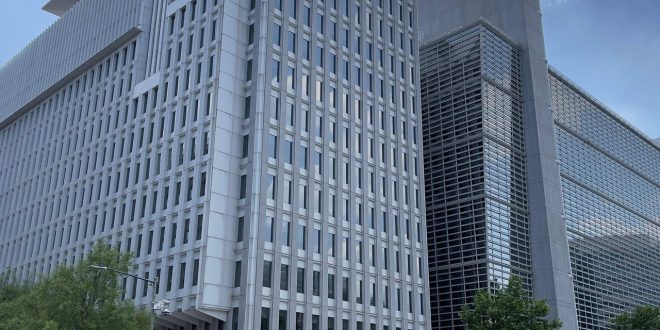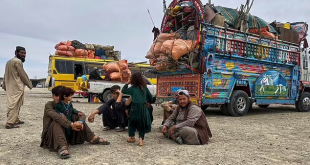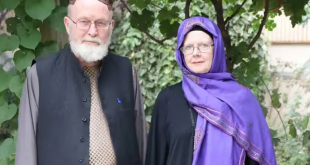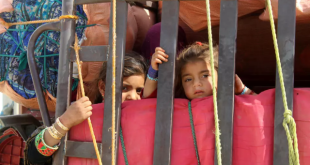AT News
KABUL – In a critical move to bolster Afghanistan’s community resilience and livelihoods, the World Bank has greenlit a staggering $84 million grant from the International Development Association. This funding, endorsed by the World Bank’s Board of Executive Directors on Tuesday, provides a lifeline for hundreds of thousands in the war-torn nation.
Complementing this injection of aid is an additional $70 million from the Afghanistan Resilience Trust Fund, marking a concerted effort to uplift the nation’s spirits and rebuild its foundations.
The Afghanistan Community Resilience and Livelihoods Project, initially kickstarted in 2022 with a substantial $265 million grant from the ARTF, has been instrumental in supporting livelihoods across both rural and urban landscapes. Now, with the infusion of fresh funds, its scope widens, aiming to bolster opportunities for women, fortify climate resilience, and provide essential services to returning Afghan migrants.
Melinda Good, the World Bank’s Country Director for Afghanistan, emphasized the project’s monumental impact, stating, “In the past 18 months, the project has established an effective service delivery platform… reaching women.” With this latest financing, the project’s reach extends across all six regions of Afghanistan, permeating 26 provinces, 67 rural districts, 6,200 rural communities, and eight major cities.
The statistics speak volumes: over 776,000 households have found short-term employment through the project, benefiting an estimated 5.4 million Afghans. Moreover, approximately 92,200 vulnerable households, many headed by women or including disabled members, have received vital cash transfers or social grants. Access to crucial services such as roads, sanitation, and water supply has burgeoned, impacting roughly 7.4 million individuals. Furthermore, more than 2.1 million community members have been equipped with training in health, nutrition, climate change, and disaster risk management.
In a strategic move, the project has also nurtured a local civil works market, preserving the capacities of indigenous contractors honed over the last two decades. Notably, an estimated 2,200 highly skilled market-driven jobs have been engendered, underscoring the project’s commitment to fostering sustainable development.
Implemented by UNOPS in collaboration with international and local NGO partners and private sector contractors, the project represents a collaborative endeavor to reinvigorate Afghanistan’s socioeconomic landscape.
 Afghanistan Times
Afghanistan Times




